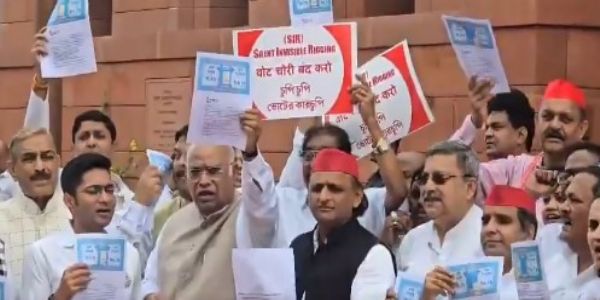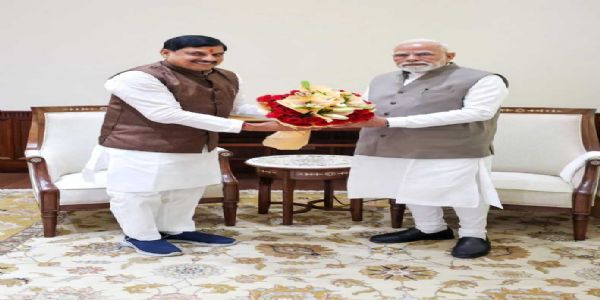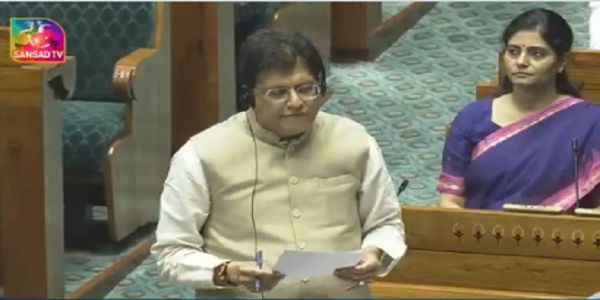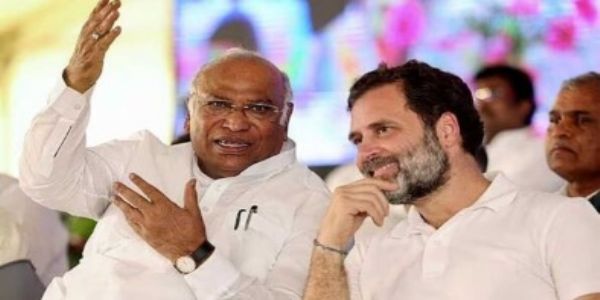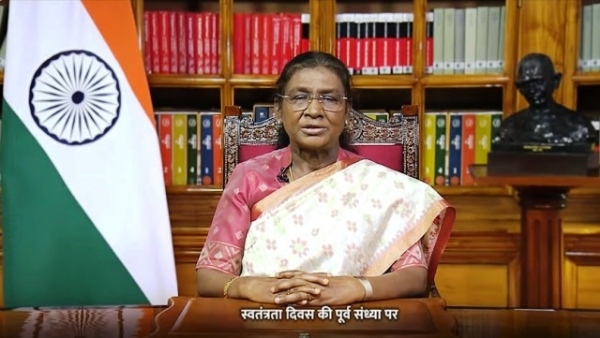
New Delhi, August 14, 2025 (HS) : On the eve of India’s 79th Independence Day, President Droupadi Murmu delivered a deeply evocative address to the nation, weaving together reflections on the country’s economic achievements, technological ambitions, democratic ethos, and the sacrifices that have shaped the Republic. Her speech underscored that August 15 is far more than a date on the calendar – it is a symbol of India’s national consciousness and the embodiment of the dreams of millions who fought and laid down their lives for freedom.
“Tomorrow, as we salute our national flag, we will also pay homage to the freedom fighters whose tireless efforts secured our independence 78 years ago,” she said. The President recalled that, unlike many nations at the time, India immediately embraced universal adult suffrage following independence, granting every citizen the right to vote regardless of gender, faith, caste, or socio-economic status.
Declaring India as the mother of democracy, she affirmed that the Constitution and democracy remain supreme for the nation, their foundational values — justice, liberty, equality, and fraternity — providing the firm bedrock upon which the country has built its modern identity.
India – The World’s Fastest-Growing Major Economy
Turning to the economy, President Murmu highlighted that in the last fiscal year, India’s GDP grew by 6.5%, the fastest among major economies worldwide. She reflected on India’s remarkable transformation — from a nation struggling with acute poverty at the time of independence to a country that has today made extraordinary progress in every sector.
Recognising the hard work of farmers, workers, and entrepreneurs, she attributed this success to carefully crafted reforms, prudent economic management, and inclusive governance. Millions, she noted, have been lifted out of poverty, and regional economic disparities are gradually narrowing.
She emphasised that infrastructure is a cornerstone of inclusive growth, citing the Bharatmala project, railways modernisation, and the historic completion of the Kashmir Valley rail link — a milestone expected to boost trade, tourism, and connectivity in the region. She asserted that basic amenities are fundamental rights, pointing to the AMRUT Mission, the Jal Jeevan Mission, and the rapid expansion of metro rail networks.
In healthcare, she lauded the Ayushman Bharat scheme — the world’s largest health assurance programme — which has already extended coverage to over 550 million people.
India’s Digital and AI Leadership Vision
Commending the Digital India revolution, the President projected a confident vision for the country’s future technological leadership. She stated that India is set to become a global hub for artificial intelligence by 2047 under the recently launched India-AI Mission. This initiative, she explained, would create AI models tailored to India’s unique needs, improving governance efficiency and enhancing the quality of life for the people.
Noting India’s progress in cashless transactions, she said, “More than half of the world’s digital transactions now take place in India.” The Direct Benefit Transfer (DBT) mechanism, she added, has ensured transparent, timely, and leak-proof delivery of welfare benefits.
Youth, Women, and the Empowered Marginalised – Three Pillars of Progressive India
President Murmu described India’s youth, women, and historically marginalised communities as the three enduring pillars of national progress. She observed that Scheduled Castes, Scheduled Tribes, Other Backward Classes, and previously disadvantaged communities are today becoming more empowered, integrating into the mainstream, and “removing the tag of marginalisation.”
Highlighting India’s scientific capability, she cited astronaut Shubhanshu Shukla’s achievements and the Gaganyaan human spaceflight mission, alongside India’s rising stature in international sports — especially chess. She emphasised that under the National Sports Policy 2025, India aims to emerge as a global sporting powerhouse.
Women’s Empowerment – From Slogan to Reality
Calling the Nari Shakti Vandan Adhiniyam a historic milestone, President Murmu said women’s empowerment in India is no longer just a slogan but a lived reality. The presence of two Indian women in the Chess World Cup finals, she remarked, symbolises the growing recognition of women’s excellence.
She also drew a connection between the National Handloom Day celebrated on August 7 and Mahatma Gandhi’s Swadeshi Movement, noting that it laid the philosophical foundation for today’s Aatmanirbhar Bharat and Make in India initiatives. She urged every citizen to prefer locally manufactured goods and support domestic entrepreneurs.
Call for Ethical Governance and a Corruption-Free India
Invoking Mahatma Gandhi’s wisdom, President Murmu stressed that “corruption and arrogance should never be accepted as inevitable outcomes of democracy.” She called on the nation to maintain zero tolerance for corruption and to stay united in building a governance framework based on integrity and public service.
Affirming her optimism for the Amrit Kaal, she said: “Our future is bright, and with everyone’s collective effort — Sabka Saath, Sabka Prayas — India will achieve the status of a developed nation.”
---------------
Hindusthan Samachar / Jun Sarkar





